But Mikial Belayneh, an electric car driver, has a completely different experience. “I no longer have to wait in line to fill up with gas,” Belayneh told CNN. “A full charge of my Toyota bZ4X can last for two days.”
He is part of the transition to electric vehicles in Addis Ababa, a rapidly growing city in the Horn of Africa, aimed at lifting millions of people out of poverty.
There are currently about 100,000 electric vehicles in Ethiopia such as electric buses, cars, electric motorcycles... The Ethiopian government estimates that this number will quadruple by 2032.
Ethiopia took the unusual step earlier this year of banning the import of all gasoline-powered passenger vehicles – becoming the first country in the world to do so.
According to Ethiopia's Ministry of Finance , they have also changed customs policies on imported cars: Taxes on gasoline-powered cars were as high as 200% before they were banned, while import taxes on fully assembled electric cars are just 15%.
This is part of the government's efforts to get people to use electric vehicles more.
The tax also spurred more domestic production of electric vehicles. “Today, most car owners prefer electric vehicles, especially small ones,” said Besufekad Shewaye, director of the Belayneh Kindie electric vehicle group. “The demand is increasing day by day.”
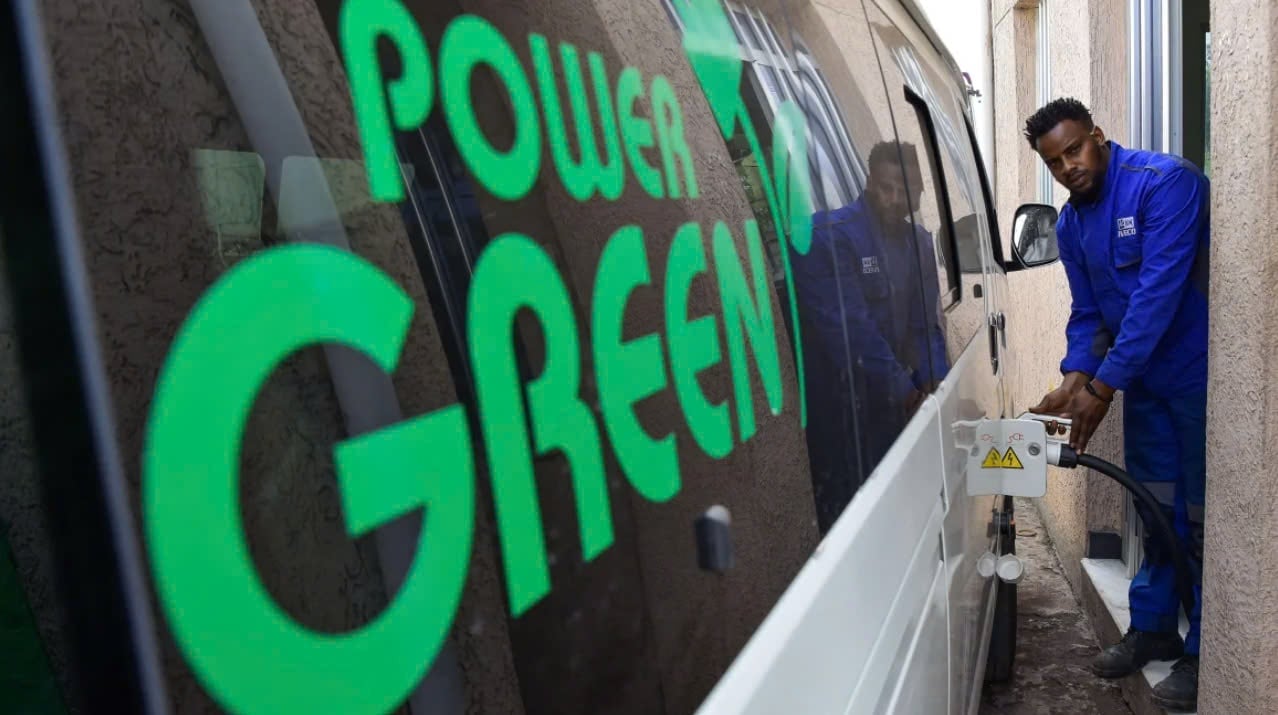
A worker charges an electric bus at a factory in Addis Ababa, Ethiopia. Photo: Michael Tewelde/Xinhua/Alamy
The rapid transition from gasoline to electric cars
Ethiopia is rapidly transitioning to electric vehicles, in part because of expensive fuel imports. Plus, 96% of the country’s electricity comes from hydropower—a win-win for both finances and the environment.
“Why import oil when we can use electricity?” said Jane Akumu, a program officer with the United Nations Environment Programme in Kenya.
The Ethiopian government has recognized that it has abundant domestic energy resources as it begins to transition to electric vehicles. However, a complete ban on the import of gasoline-powered cars, passed in January, has also raised concerns.
The number of cars in Ethiopia is still quite low, totaling around 1.2 million - while the country has a population of over 123 million people. For comparison, Africa's most populous country, Nigeria, has over 218 million people but owns 11.8 million cars. In the US alone, over 91% of the population owns at least one car.
And while the government has reduced or eliminated some taxes on electric vehicles, buying one is still incredibly expensive in Ethiopia. “The people who buy electric vehicles are all in the high-income bracket,” says Iman Abubaker, who lives in Ethiopia and works on sustainable transportation for the World Resources Institute.
Despite the high costs, Ethiopia has seen a steady increase in the number of electric vehicles replacing internal combustion engine cars. Within two years of the country’s 10-year goal of putting more than 100,000 electric vehicles on its roads – starting in 2022 – electric vehicles already account for nearly 10% of the country’s vehicles, according to the website CleanTechnica.
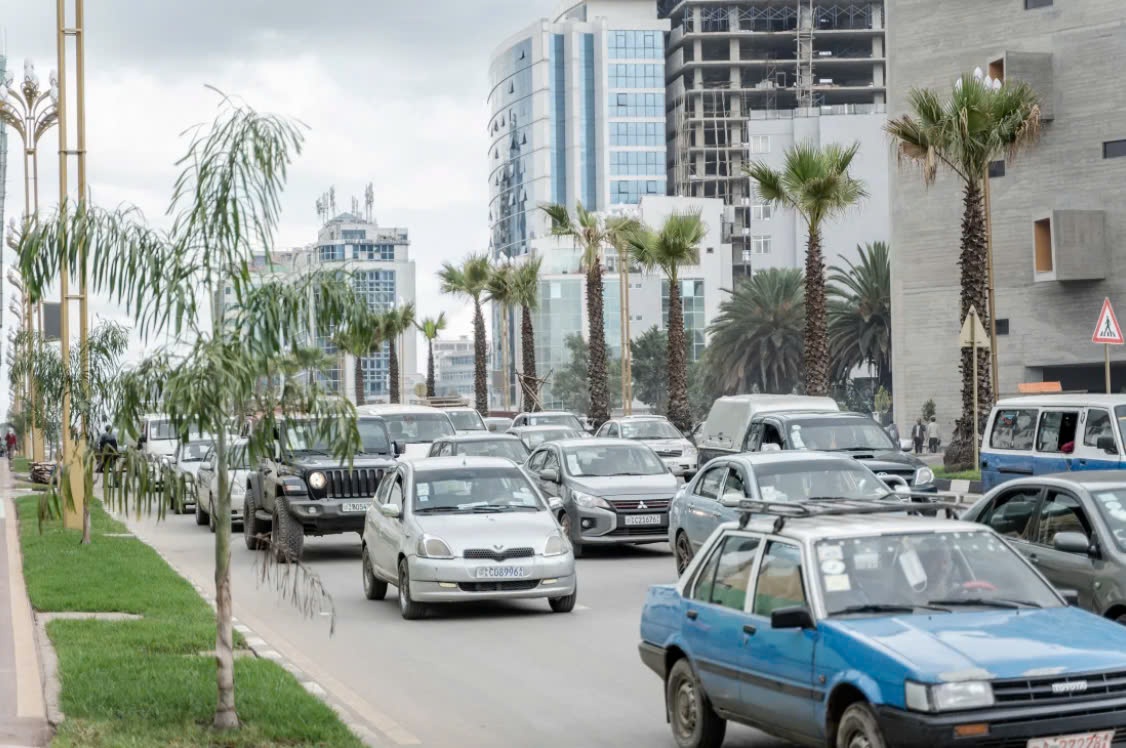
Ethiopia is focusing on electric vehicles in part because of the high cost of fuel imports and the fact that 96% of the country's electricity comes from hydropower. Photo: Amanuel Sileshi/AFP/Getty Images
Electric vehicles are taking off in Africa
Currently, Ethiopia is the only country that bans the import of gasoline-powered cars. Moses Nderitu, CEO of Kenya-based electric bus company BasiGo, said the country’s ban “is definitely not going to change.”
But the growth of electric scooters across the continent is happening regardless of whether there are bans. In Kenya’s capital, Nairobi, the growth of electric scooters has been staggering. Last year, Uber launched a fleet of flashy yellow scooters – known locally as boda bodas.
After the Kenyan government approved tax incentives, the number of electric scooters on the road increased 500% in just one year, from hundreds to about 3,000 on the streets of Nairobi, according to industry experts shared with CNN.
Stricter measures include not issuing permits for fuel-powered motorcycles, which were implemented by the Addis Ababa city government after approval in April.
Earlier this March, the city introduced its first fleet of electric buses for public transport. American-style electric buses – a far cry from Kenya’s colorful, musically-playing gasoline-powered matatu buses – have also begun plying the streets of Nairobi.
Both Mose and Nderitu see electric vehicles on the rise across the continent, with some countries looking to replace oil with electricity. Many need infrastructure upgrades and government subsidies to encourage more people to switch to electric.
"I see the electric vehicle market like the mobile phone market 30 years ago," Nderitu told CNN. "When the world was starting to use mobile phones, only a very small number of people in Africa had access to a phone. Today, you can hardly find anyone in Nairobi who doesn't have a phone."
Ha Trang (according to CNN)
Source: https://www.congluan.vn/quoc-gia-duy-nhat-cam-nhap-khau-xe-xang-nay-da-chung-kien-luong-xe-dien-tang-vot-post308331.html



![[Photo] Prime Minister Pham Minh Chinh receives the Chairman of the Japan-Vietnam Friendship Association in the Kansai region](https://vphoto.vietnam.vn/thumb/1200x675/vietnam/resource/IMAGE/2025/11/03/1762176259003_ndo_br_dsc-9224-jpg.webp)
![[Photo] Lam Dong: Close-up of illegal lake with broken wall](https://vphoto.vietnam.vn/thumb/1200x675/vietnam/resource/IMAGE/2025/11/03/1762166057849_a5018a8dcbd5478b1ec4-jpg.webp)

![[Photo] Fall Fair 2025 and impressive records](https://vphoto.vietnam.vn/thumb/1200x675/vietnam/resource/IMAGE/2025/11/03/1762180761230_ndo_br_tk-hcmt-15-jpg.webp)
![[Photo] General Secretary To Lam receives Singaporean Ambassador Jaya Ratnam](https://vphoto.vietnam.vn/thumb/1200x675/vietnam/resource/IMAGE/2025/11/03/1762171461424_a1-bnd-5309-9100-jpg.webp)
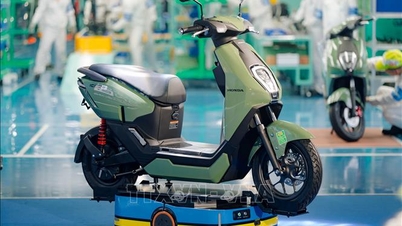

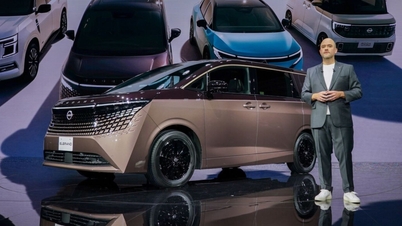



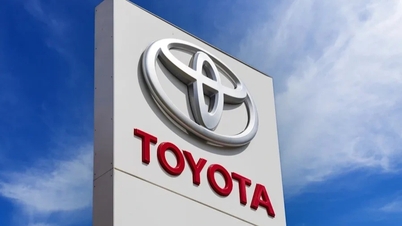

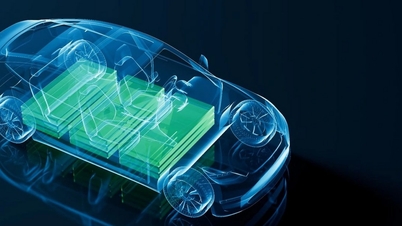





























































































Comment (0)